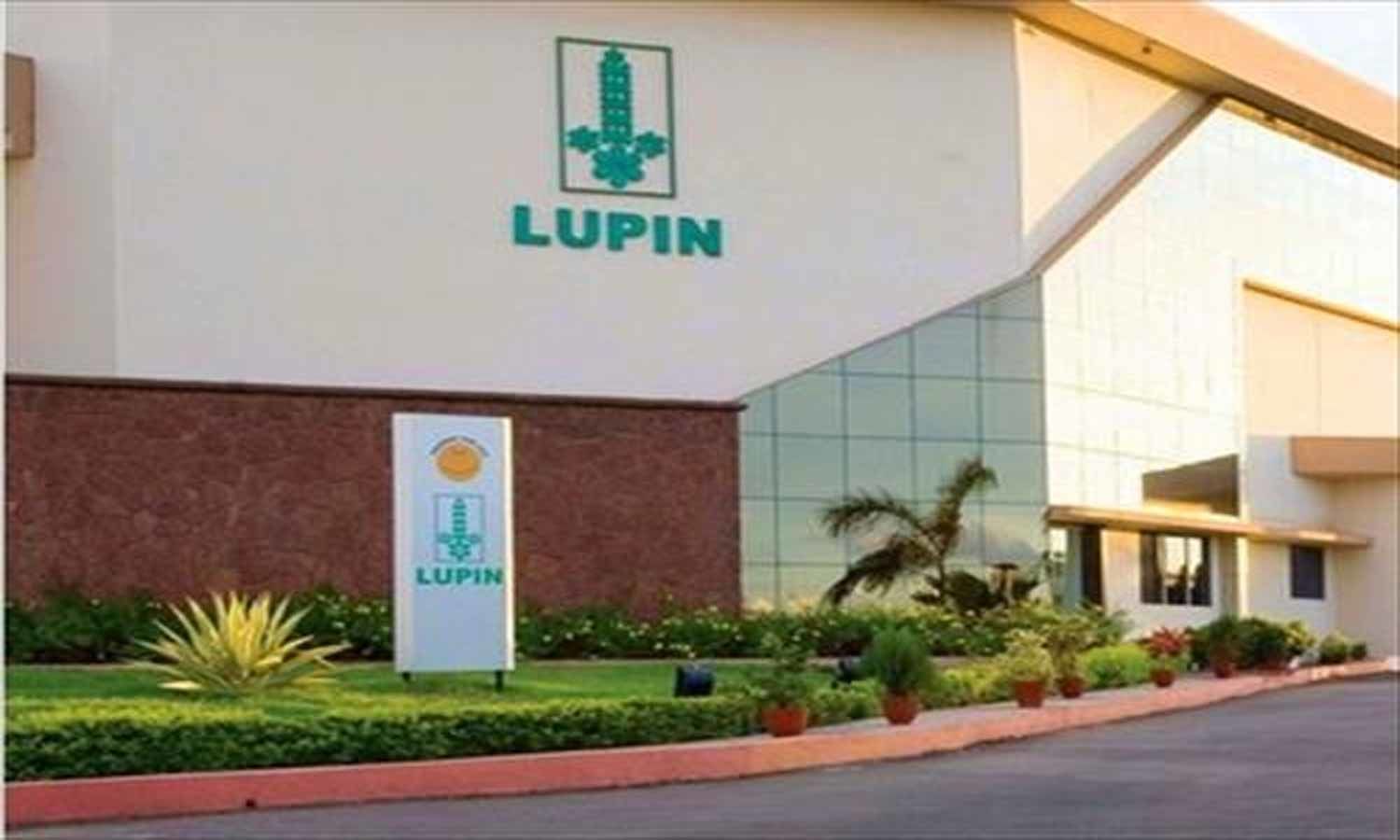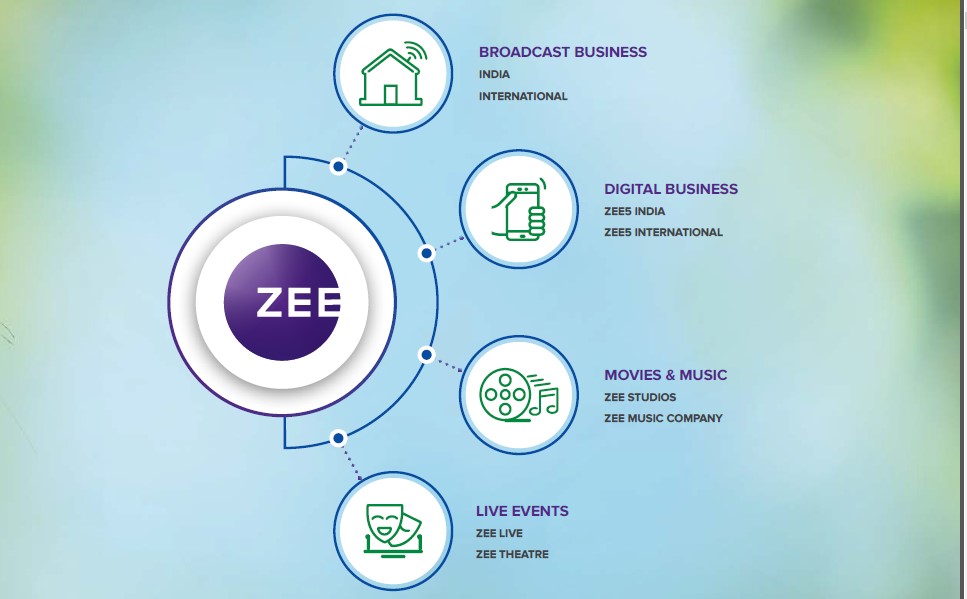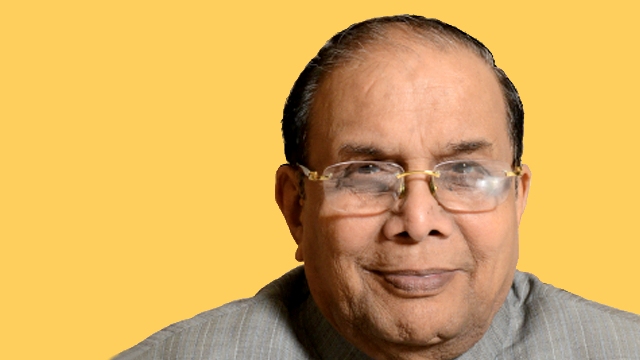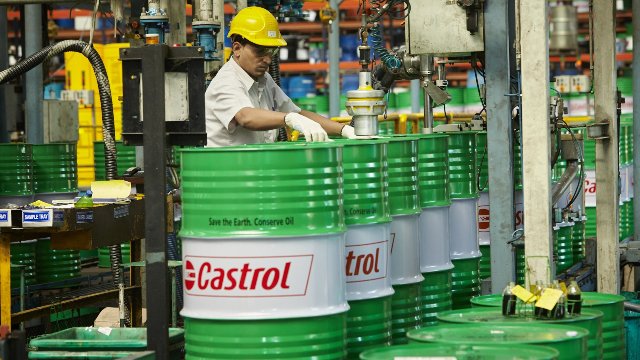New Delhi, 28 January 2021: Lupin, an Indian multinational pharmaceutical company based out of Mumbai has failed to spend more than 38% of its Corporate Social Responsibility (CSR) budget for the financial year 2019-20.
The average net profit of the company for the past three years stood at Rs 2,775.33 crores. The prescribed corporate social responsibility budget for the company in accordance with the Companies Act 2013 was calculated as Rs55.51 crore. However the company spent only Rs 34.2 crores and failed to spend the rest of 38% of its CSR budget for the financial year.
As a reason for not having been able to spend the total CSR budget the company in its annual report gave an excuse saying, "Despite best efforts, the Company has been unable to execute its ambitious plan of setting up a state of the art JCI and NABH accredited hospital in Mumbai as it could not identify a suitable plot."
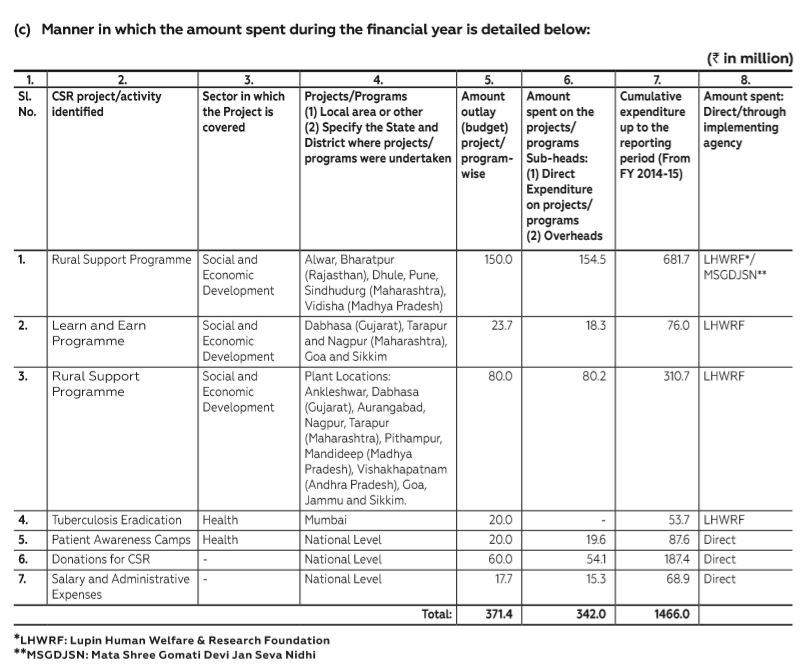
In the previous year FY 2018-19, the company’s prescribed CSR budget was Rs 65.67 crores, out of which it had spent only Rs37.95 crore, leaving more than 42% of the amount lying unspent.
The company’s CSR Committee is led by Chairperson Manju D. Gupta. Other members of the committee included Dr Kamal K Sharma, Vinita Gupta, Nilesh Deshbandhu Gupta and Dileep C. Choksi. The CSR committee of the company was held only once during the financial year in February 2020.
Lupin is one of the largest generic pharmaceutical companies by revenue globally. The pharma company’s key focus areas include paediatrics, cardiovascular, anti-infectives, diabetology, asthma and anti-tuberculosis.
The Company’s CSR arm Lupin Human Welfare and Research Foundation (LHWRF) focuses on thematic areas; Economic, Social, Natural Resource Management (NRM), Rural infrastructure Development and Learn and Earn.
Economic Development: The Company was able to unleash the value in the rural economy through various activities meant to enhance productivity, infuse technology and diversify in varied sectors viz agriculture, animal husbandry, rural industries and skill enhancement. These sectoral programs led to a surge in the earnings of beneficiary households in the area under operation.
Social Development: With an objective to ensure progress in the sectors of health and education, social development is undertaken simultaneously with economic development. Over the years, LHWRF has continuously complimented the government health infrastructure and their efforts to achieve health related outcomes such as reducing infant mortality rate and maternal mortality rate.
Natural Resource Management: The management of natural resources is done through various measures such as construction of check dams, farm ponds, digging new wells, deepening/repairing existing wells.
Rural Infrastructure Development: Water, sanitation, housing, education and health are inter-related and adequate infrastructure is necessary to maintain it. The Company’s intervention in this sector was to provide the best infrastructure.
Learn and Earn program: With an aim to provide an opportunity to deserving students, particularly from small towns and rural areas for pursuing higher education with stipend or earning, the Company has in place Learn & Earn program.




